Conference for Undergraduate Underrepresented Minorities in Physics
The goal of the conference is to provide undergraduate underrepresented minority students the opportunity to experience a professional conference, learn information about graduate school and professions in physics, and to connect with others in physics with whom they can share experiences, advice, and ideas.
Lodging and meals will be provided for all attendees. Register here.
Physics endeavors to describe a broad range of natural phenomena, and requires diverse minds to do so. Presently, the representation of minorities in the physics community does not reflect the representation of minorities in the United States, nor even in the broader science community. This conference aims to address this issue by bringing together students from our region who intend to pursue a career in physics. The conference will provide information about graduate school and careers in an inclusive environment that empowers underrepresented minority students to better understand their role as part of a larger physics community while encouraging the individuality and diversity that makes physics work.
University of Maryland, College Park
The University of Maryland, College Park, the flagship campus of the University System of Maryland, is a public, research-intensive, PhD granting institution located in the Baltimore-Washington, D.C. corridor. The Department of Physics is one of the largest in the nation, with over 70 tenure and tenure-track faculty, 290 undergraduate, and 250 graduate students. In addition, numerous postdoctoral and research scientists are employed by the department and by the more than thirty research centers and institutes jointly affiliated with the department, UMD/NIST spanning an array of theoretical and experimental areas of research. The department is currently ranked 14th in the nation for its graduate program in physics.
National Institute of Standards and Technology
From the smart electric power grid and electronic health records to atomic clocks, advanced nanomaterials, and computer chips, innumerable products and services rely in some way on technology, measurement, and standards provided by the National Institute of Standards and Technology. Founded in 1901, NIST is a non-regulatory federal agency within the U.S. Department of Commerce. NIST's mission is to promote U.S. innovation and industrial competitiveness by advancing measurement science, standards, and technology in ways that enhance economic security and improve our quality of life.
 CU²MiP
CU²MiP



